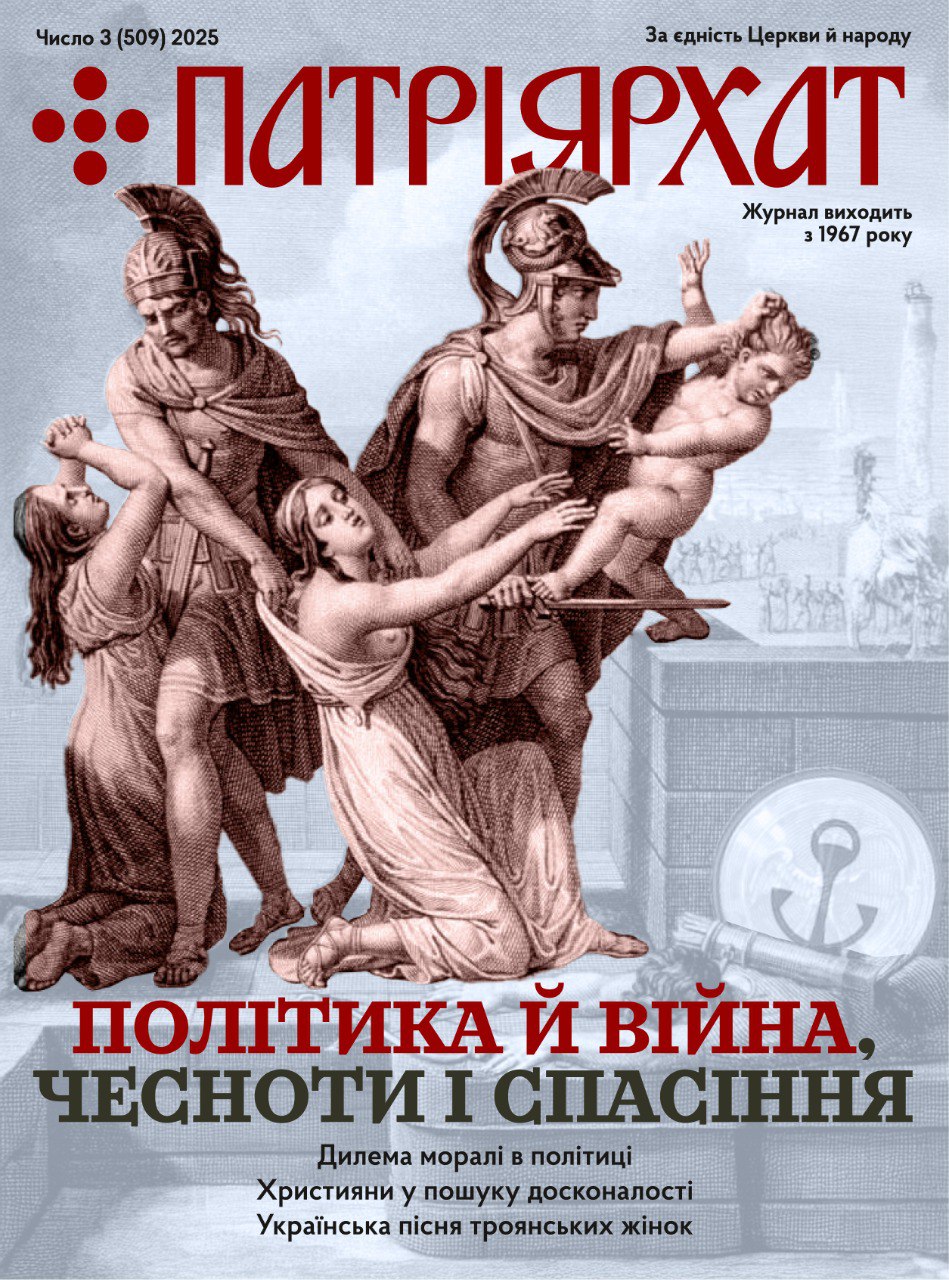On Sunday, November 24, 1974, worshippers entering St. Patrick’s Cathedral in New York City to attend the 10 o’clock Mass to be celebrated by John Cardinal Willebrands from Vatican on the occasion of the tenth anniversary of the proclamation of Vatican Council II Decree on Ecumenism were confronted by a picket line. The placard-bearing protesters came from Ukrainian Catholic parishes in the New York Metropolitan area. They carried signs reading: “Ecumenism! But At What Price?”, “Don’t Sacrifice the Ukrainian Catholic Church.” “Can’t Build Ecumenism on Broken Guarantees,” “Willebrands, Beware of Pimen’s Tactics,” “Cardinal Willebrands, Heed the Voice of Dissidents from U.S.S.R.”
Cardinal Willebrands is Chairman of the Vatican Committee on Christian Unity. He is one of the leading exponents of a detente and rapproachment with the Soviet Union. In this interest he has made a number of trips to Moscow within the last decade. All this time there is no visible improvement in the religious situation in the Soviet Union. No additional churches have been opened, no religious training of young people permitted, no religious literature published. No concessions have been made to the Ukrainian Catholic Church which since 1946 has been denied the right to legal existence. This Church, whose bishops in Ukraine have all perished (with the exception of the Metropolitan Archbishop of Lviv, Josyf Slipyj) since their imprisonment and whose priests have been coerced in large numbers to join the officially recognized Russian Orthodox Church, survives secretly in what have come to be termed as “the modern catacombs.” The faithful hear Mass, go to confession, and baptize their children secretly. They await the intervention of the Vatican on their behalf and this is not forthcoming. At his installation as Patriarch of Moscow, Pimen in the presence of Cardinal Willebrands spoke of the “glorious return” of the Uniats (Ukrainian Catholics) in 1946 to Russian Orthodoxy. Yet, Cardinal Willebrands knowing that this was accomplished by subterfuge and coercion did not refute this gross misstatement. He made no defense of persecuted Ukrainian Catholics either at this ceremony or upon his return to the Vatican.
A spokesman for the protesters, Eva Piddubcheshen, said: “We are not opposed to ecumenism. It is the duty of every Christian to seek paths towards a better understanding among all religious groups. But these paths cannot be sought at the surrender of principles, they cannot be established on a bed of broken guarantees. Ecumenism must be built on trust. Trust is not nurtured by the shirking of responsibility and the negation of rights. Vatican policymakers have violated the guarantees given the Ukrainian Catholics in the Union of Brest in 1596. They have also failed to defend the rights of the Ukrainian Catholics negated by the Soviet regime. This has been stressed by Patriarch Designate Josyf Slipyj at the World Synod of Bishops both in 1971 and 1974 held in Rome and it has been underscored even by Russian dissidents — most recently by Anatoly Krasnow Levitin. Yet, there has been no recognition or defense of the rights of Ukrainian Catholics by either Moscow or Vatican. How, then, can Cardinal Wilebrands’ discourse about ecumenism be considerd anything but lip service to that cause? To foster ecumenism the Vatican must close the credibility gap between its words and its deeeds. Otherwise how can any religious group take Vatican promises seriously? The first step toward ecumenism is the recognition of outstanding i commitments.»

